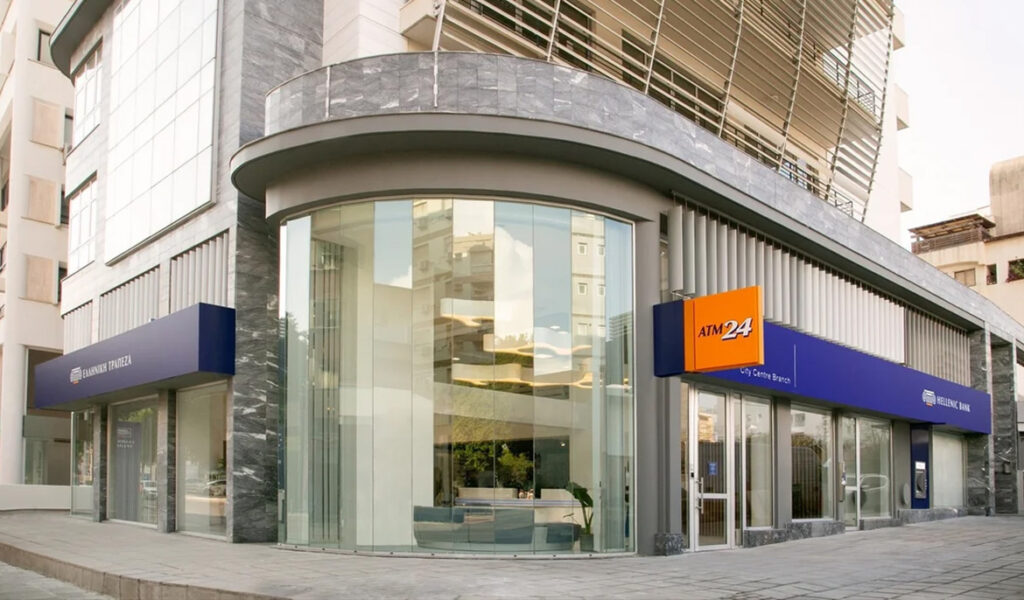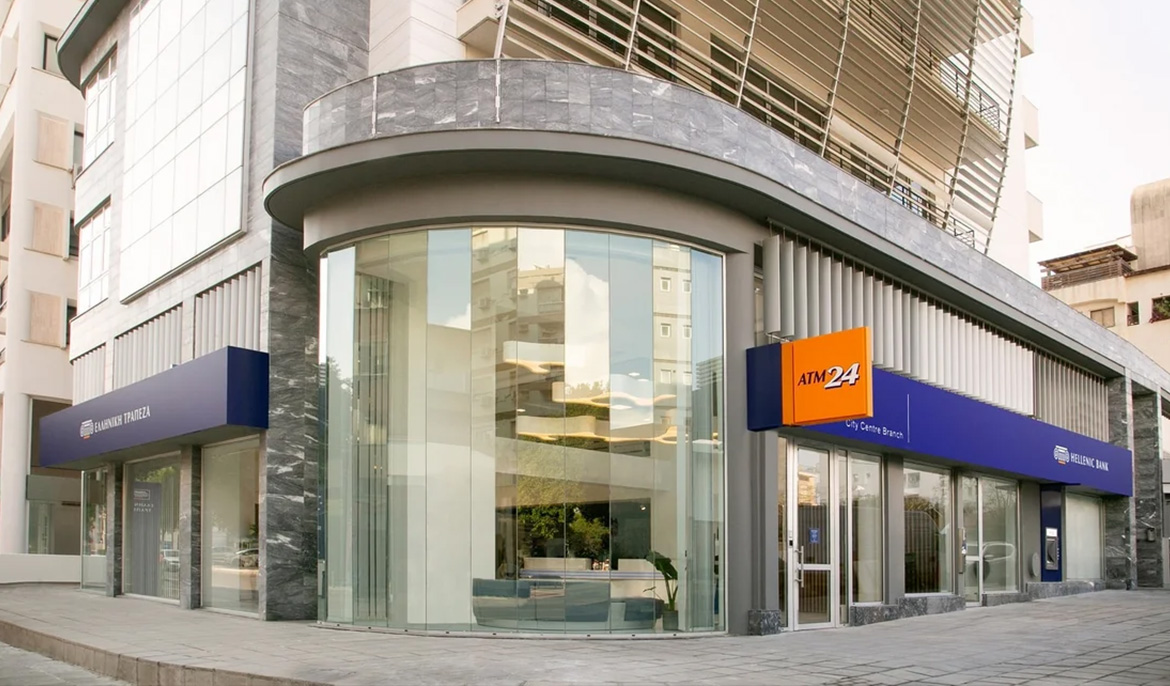Fitch Ratings on Monday upgraded the Shareholder Support Rating (SSR) of Hellenic Bank Public Company Limited (Hellenic Bank) to “bb” from “bb-“.
According to the agency, this follows the recent upgrade of Eurobank S.A.’s Long-Term Issuer Default Rating (IDR) to “BB+” from “BB”.
Eurobank, which holds a 55.9 per cent stake in Hellenic Bank, is seen as the most likely source of support for the Cypriot bank.
The agency clarified that Hellenic Bank’s long-term IDR remains at “BBB-“, driven by its Viability Rating of “bbb-“, with other ratings unaffected by this upgrade.
Meanwhile, Fitch explained that the upgrade of Hellenic Bank’s SSR to “bb” places it one notch below Eurobank’s Long-Term IDR.
Fitch’s decision reflects the expectation that Eurobank’s willingness to provide support to Hellenic Bank will remain constrained until it increases its stake to over 75 per cent or achieves greater integration and synergies, despite the presence of significant minority shareholders.
The rating also accounts for Hellenic Bank’s size relative to Eurobank, meaning any required support would be manageable but still material for Eurobank.
Over the past two years, Eurobank has steadily increased its stake in Hellenic Bank, achieving a majority shareholding in June 2024.
Full consolidation of Hellenic Bank into Eurobank’s operations began on July 1, 2024, which will result in the group’s total assets increasing by around 22 per cent, bringing them to just under €100 billion.
“Eurobank’s involvement in Hellenic Bank’s management has been limited so far,” Fitch said.
“However, Eurobank plans to shortly replace part of Hellenic Bank’s board of directors and appoint its new chief executive officer, thus taking a more active role,” the agency added.
Fitch stated that it expects “Eurobank to achieve some integration and synergies, although we believe that the extent of them will depend on Eurobank’s ability to further increase its stake and potentially merge Hellenic Bank with its existing Cypriot subsidiary”.
Elsewhere in its report, Fitch identified several factors that could lead to a downgrade of Hellenic Bank’s SSR.
These include a potential downgrade of Eurobank’s Long-Term IDR or a failure by Eurobank to increase its stake in Hellenic Bank.
If minority shareholders significantly restrict the integration between the parent company and Hellenic Bank, making it difficult for Eurobank to achieve meaningful synergies, the SSR could also face downward pressure.
Conversely, an upgrade of Hellenic Bank’s SSR would likely require an improvement in Eurobank’s Long-Term IDR or a stronger commitment from Eurobank to support Hellenic Bank.
This would probably involve Eurobank increasing its stake above 75 per cent, achieving deeper integration, or establishing a stronger track record of synergies between the two banks.
Finally, the agency noted that Environmental, Social, and Governance (ESG) factors did not play a direct role in the upgrade.
Fitch assigned Hellenic Bank an ESG relevance score of “3”, indicating that ESG issues are credit-neutral and have a minimal impact on the bank’s overall rating.



